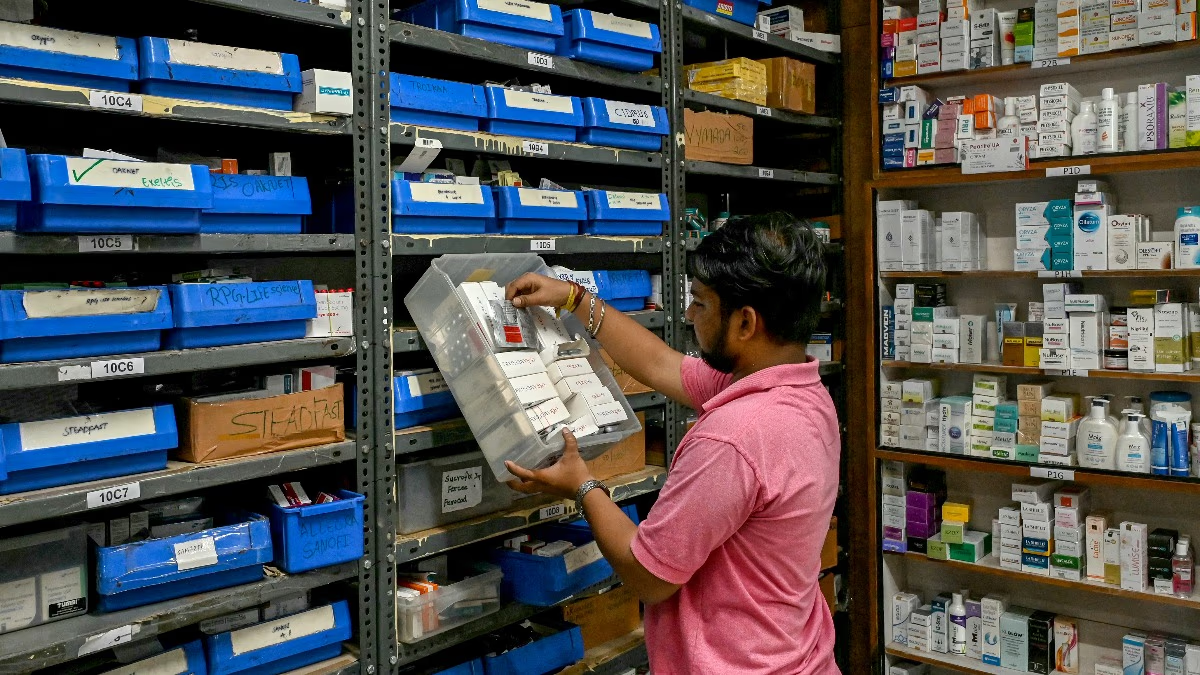Forty-five years after being hanged for a murder case, Pakistan's former Prime Minister Zulfikar Ali Bhutto's execution has come under the spotlight with the Supreme Court's significant statement.
The apex court remarked that the trial against Bhutto back in 1979 was not constitutional. Led by Chief Justice Qazi Faez Isa, a nine-judge bench has made this observation in response to a reference filed by former President Asif Ali Zardari.
Zardari requested a review of Bhutto's death sentence, passed under Article 189 of the Pakistani Constitution on April 2, 2011. The Pakistan People's Party and jurists had previously declared the decision a historic mistake.
Chief Justice Isa noted that Bhutto was not granted a fair trial and was hanged on April 4, 1979, in Rawalpindi.
Chief Justice Isa noted discrepancies between the hearings at the Lahore High Court and the Supreme Court's appeal. The supreme court acknowledged past cases which have cast a shadow of fear or bias over justice. It was stressed that we must acknowledge our historical errors to improve.
Bilawal Bhutto Zardari, Bhutto's grandson, hailed the court's decision as pivotal for steering the country onto the right path and restoring faith in the judiciary.
Zulfikar Ali Bhutto was convicted and sentenced to death in 1979 for instigating a murder. However, his family continues to seek justice, and many believe that this was a decision taken under the influence of then-military dictator General Zia-ul-Haq, who overthrew Bhutto's government in 1977.
Zulfikar Ali Bhutto became the Prime Minister of Pakistan on August 14, 1973, but was overthrown in a military coup by General Zia-ul Haq four years later. Subsequently, on April 4, 1979, he was executed in a controversial case that remains a significant portion of Pakistani judicial history.




